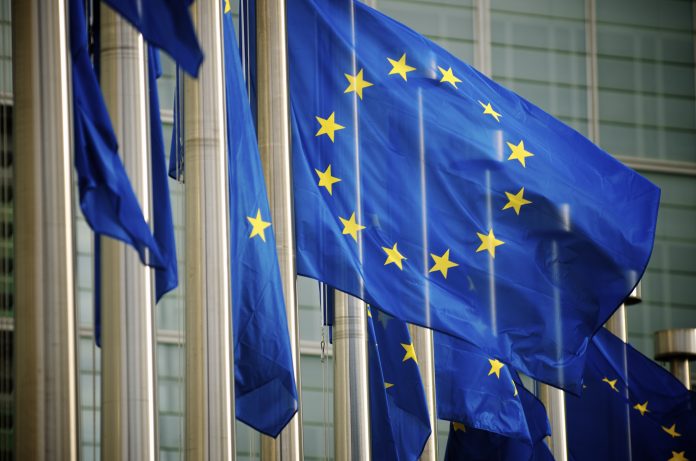The European Commission is continuing its efforts towards improving Horizon Europe; here, Science|Business Network reveals its top 11 ways to make the EU’s €95.5 billion programme work better
December 2022 saw the European Commission launch a mass public consultation to assess what has gone right and wrong so far for the Horizon Europe research programme.
The Science|Business Network met in Brussels to discuss how, based on their experience with the programme so far, they think the final three years of Horizon Europe should be planned.
Collecting independent views of project management so far
With more than 70 public and private sector members, the network was able to provide an assembly of first-hand experts on Horizon, including many leading European universities, companies, and research organisations.
“Collectively, the Network incorporates experience from thousands of Horizon projects, large and small. It is, in effect, a self-organised, massive focus group on Horizon, operating independently of the Commission.”
Following a series of workshops and conference sessions, the Science|Business Network released a White Paper submitted to the Commission as part of its large-scale public consultation on past, present and future R&I framework programmes.
Tackling international challenges with European funding
The Horizon Europe funding programme is an attempt by the EU to tackle continuing challenges on an international level by working with European researchers to promote innovation and research growth.
Europe’s ambitions for sustainable development, climate neutrality, inclusive growth and more have continued to be hindered by changes such as COVID, heatwaves, drought, energy challenges and food supply disruption caused by the Ukraine war.
Meetings on improving Horizon Europe
Throughout the meetings, there appeared to be continued support for what Horizon Europe does and, by and large, how it does it. However, many recommendations were also gathered on improving the second half of Horizon Europe and shaping the next framework programme.
This report from Science|Business focuses on the recommendations which appeared to them as the most constructive and noteworthy.
11 ways of improving Horizon Europe and the European research framework
Improvements to project management
1. Pilot smaller-scale R&I actions involving fewer partners and covering a wider range of technology readiness levels (TRLs) to enable more universities and smaller entities to participate in and lead projects in Horizon’s Pillar II, the programme’s central, collaborative research chapter.
2. Communicate openly and clearly about the politics of Horizon Europe association and third-country participation. To help researchers understand the political landscape better, set up a European support office or help desk, designed after similar national Horizon ‘portals’
3. Slow down the roll-out of lump sum funding and produce a robust objective report on the pros and cons of the approach before going further
Pillar I: Excellent science
4. Basic research should not be limited to the European Research Council and its bottom-up approach. Introduce more funding opportunities for lower TRL projects, including collaborative basic research, to Pillar II of Horizon Europe
5. Research infrastructures rest on talent. Pilot a Marie Skłodowska-Curie Actions (MSCA) scheme for movement and knowledge-sharing between engineers and specialists working on research infrastructures and technology
Pillar II: Collaborative projects
6. To meet green innovation ambitions, fund more high-risk, high-reward technologies, including further exploration of genetic modification and give a stronger mandate to social sciences and humanities researchers
7. Digital is confusing. Explain interlinkages and differences between Digital Europe, Horizon Europe, the Missions, and other instruments. And make sure different interpretations of EU data laws are not getting in the way of cross-border research and innovation
8. Disease prevention won’t fix all health issues. Return focus on new therapies and disease pathways
9. The Missions, five goal-oriented R&I initiatives in Horizon, need a rethink to ensure maximum impact. Pilot a mechanism to keep national agencies and researchers in the loop. Make the difference between Mission and non-Mission calls more obvious
Pillar III and Widening
10. Ease the path of involvement in Pillar III, focused on innovation and ecosystems, for universities, and get serious about social innovation
11. Instruments in the Widening programme, focused on integrating eastern and western EU members for R&I collaboration, must enable Widening countries to participate in the rest of the programme, not just give them extra space to play in. Assess what works and what doesn’t before introducing new instruments











